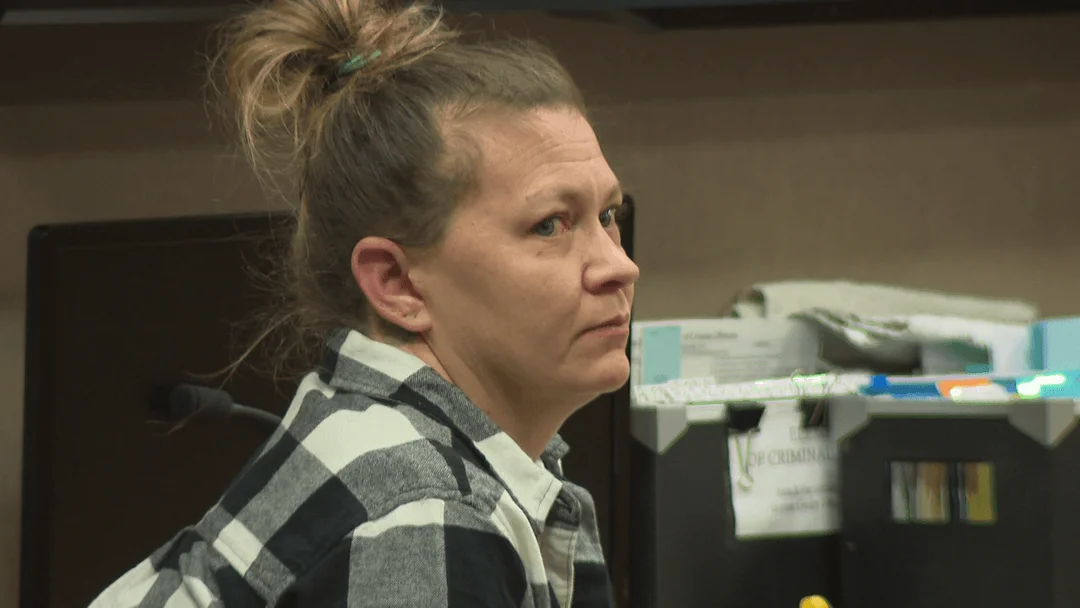
Woman Pleads Guilty in Massive Deer Poaching Case
In a startling turn of events in Fond du Lac County, Jessica Kroening, 37, has pleaded guilty to misdemeanor charges related to the illegal poaching of over 100 deer. This case raises significant concerns about wildlife conservation and the responsibilities of adults in managing the behaviors of minors. The sentencing is set for May 2, and the implications of this case extend far beyond the courtroom.
Kroening's guilty plea includes charges of illegally shining deer and contributing to the delinquency of a child, highlighting a disturbing pattern of behavior involved in the poaching incident. While a count of resisting a conservation warden was dismissed, the court findings reveal a chain of ignorance and negligence that led to these alarming poaching activities. According to police reports, Kroening was not only aware of the illegal acts but also actively participated in them.
The investigation began when law enforcement received a report in July regarding a foul odor emanating from a garbage bag behind Kroening's residence, which led to the discovery of four deer heads. It turned out that a group of minors, under Kroening's influence, had been hunting deer at night using a spotlight and firearms over several months. Statements from the minors involved detailed a chilling narrative of nighttime hunts, with juvenile participants admitting to using Kroening’s vehicle to engage in these unlawful activities.
In one revealing statement, a juvenile involved in the hunts recounted, "We always used the defendant's vehicle to go out shooting deer. She was aware of us shooting deer and had been on the phone with us while we were out doing it." Kroening's role became increasingly clear as more details emerged, showing her not only as a facilitator but a willing participant in the systematic extermination of these animals with little regard for wildlife laws or ethical standards.
As police delved deeper, they recovered evidence from Kroening's vehicle, including a bloody steak knife, firearms with serial numbers scratched off, and a spotlight—tools of a cruel trade. These revelations depict a grave disregard for local wildlife, raising serious questions about the impact of such poaching on the population of deer in the area, as well as broader implications for wildlife conservation efforts.
This case serves as an important reminder of the ongoing challenges faced by law enforcement in tackling wildlife crime and the critical need for community awareness and involvement in promoting responsible behavior towards nature. As the hearing date approaches, many in the community are left wondering about the effectiveness of current laws and what more can be done to protect wildlife.
What are your thoughts on the implications of this case? How can communities better engage in protecting their local wildlife? Share your views and thoughts in the comments below!